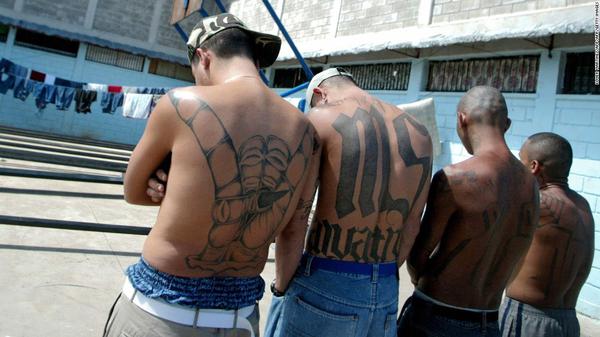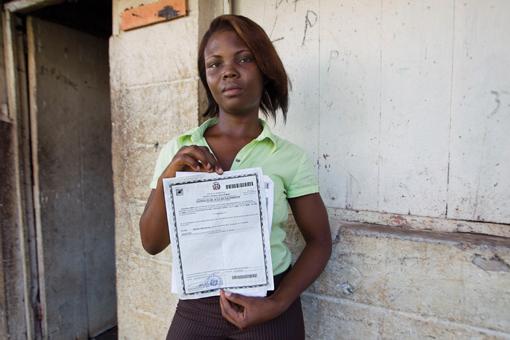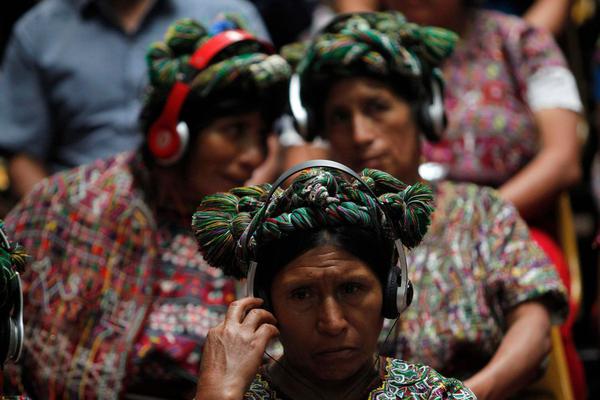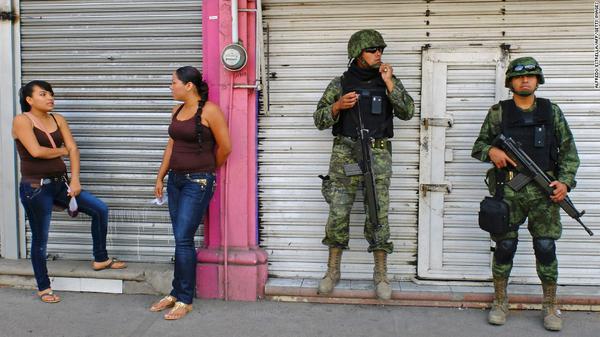
Fragile Immigration Legality Collapses in the Trump Era
People often think of immigration legality in black and white terms—immigrants are “documented” or “undocumented”; they are present “legally” or “illegally.” There has long been, however, a significant gray area of quasi-legality in the U.S. immigration system. This gray area expanded for decades due to diverging policies of the executive and legislative branches, which each play a role in the formation of immigration policy. The presidency of Donald Trump and its anti-immigration agenda exposed the vulnerability of this class of quasi-status immigrants who were long lawfully present in the country, but for whom Congress had not established a pathway to secure permanent legal status. This Article explains the rise of quasi-status immigration and how the Trump administration was able to exploit it. It also offers solutions for the Biden administration and Congress to help remedy the system.










